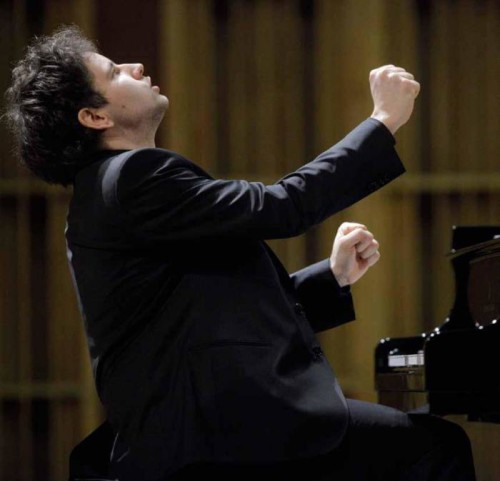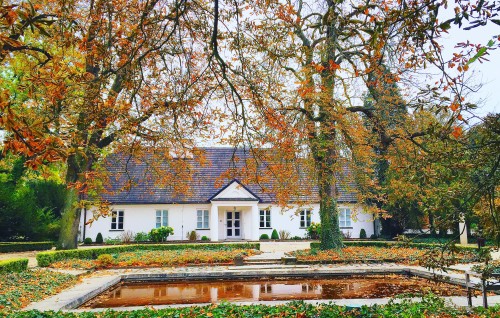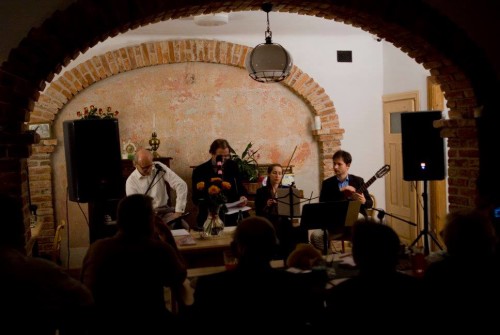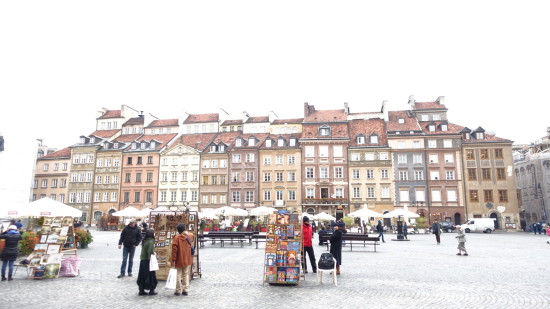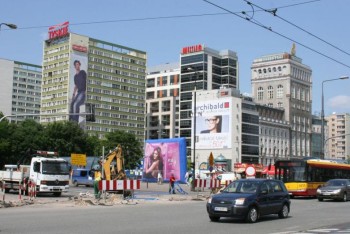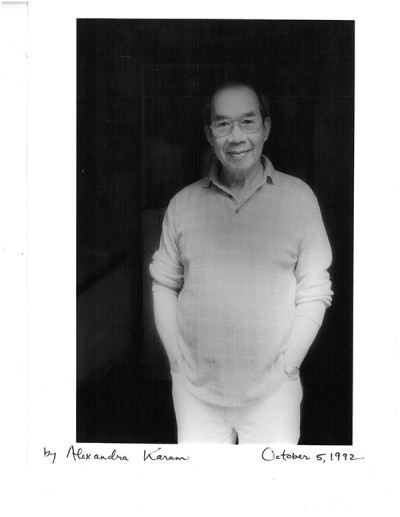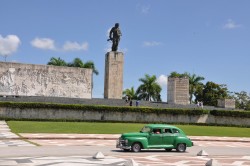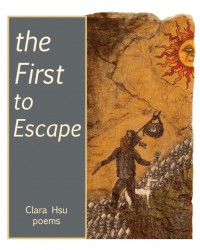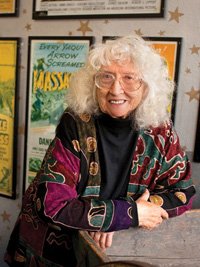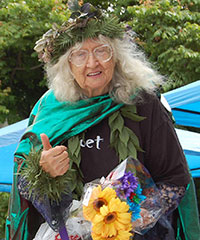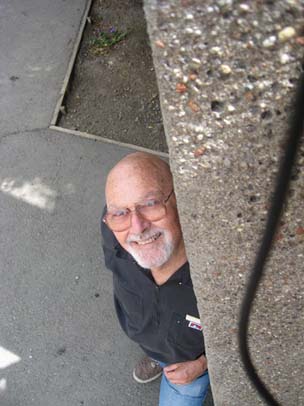 Highest good is like water
Highest good is like water
Water is good for all things
but does not compete.
It lies in the lowest place
which all men disdain.
Therefore it is close to the Tao.
–Tao-te Ching VIII
I whispered into Don Brennan’s ear,”I’m interpreting the Tao-te Ching.” He would want to know this, lying on his deathbed. Not long ago he wanted us to get together to translate Li Po. I said yes, let’s. We had such a good time translating Li Po at Cafe La Boheme a few years ago, such a good time organizing Poets with Trees Readings in the parks, getting together once a month at the Poetry Salon, carpooling, cooking, eating…
And while I’m trying to handle life’s full-course meal Don decided that he had had enough. I found a file of his poems on my computer. He wrote them while helping me to take care of my dad.
AN EMPTY MINDFUL by Don Brennan
I will bear myself in my own arms
if you will simply explain how
we have come to find ourselves
surrounded by children of toddling age
demanding justice when they can barely
utter anything more significant than
all of the confounding mysteries that
neither of us has ever been able to
comprehend and then leave it to us
to fathom the uncharted depths of their
unaccountable laughter that cries for mercy.
How do they do that, and who do they
think they are, anyway, barely able to
run around at the level of our ankles and
knees, judging us without even knowing
what questions to ask?
I therefore promise to bear you and me together
with the lot of them in my sagging and weary arms
and agree to cease my whining and complaining
immediately as soon as we are able to glimpse by
looking into our own selves how to put an end
to the contemporary and relentless history of
random and intolerable suffering of the innocent,
thereby allowing all of us to live until we die in peace.
“Don, leave a little piece of your goodness to me.”
*
Don Brennan passed away on the morning of March 18, 2014.
